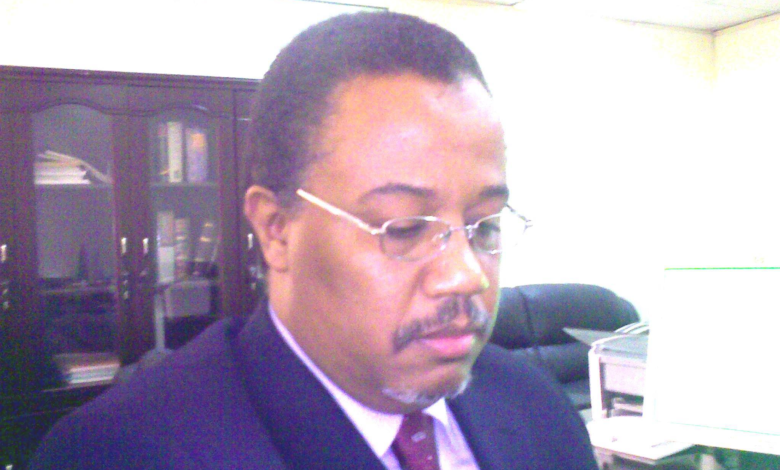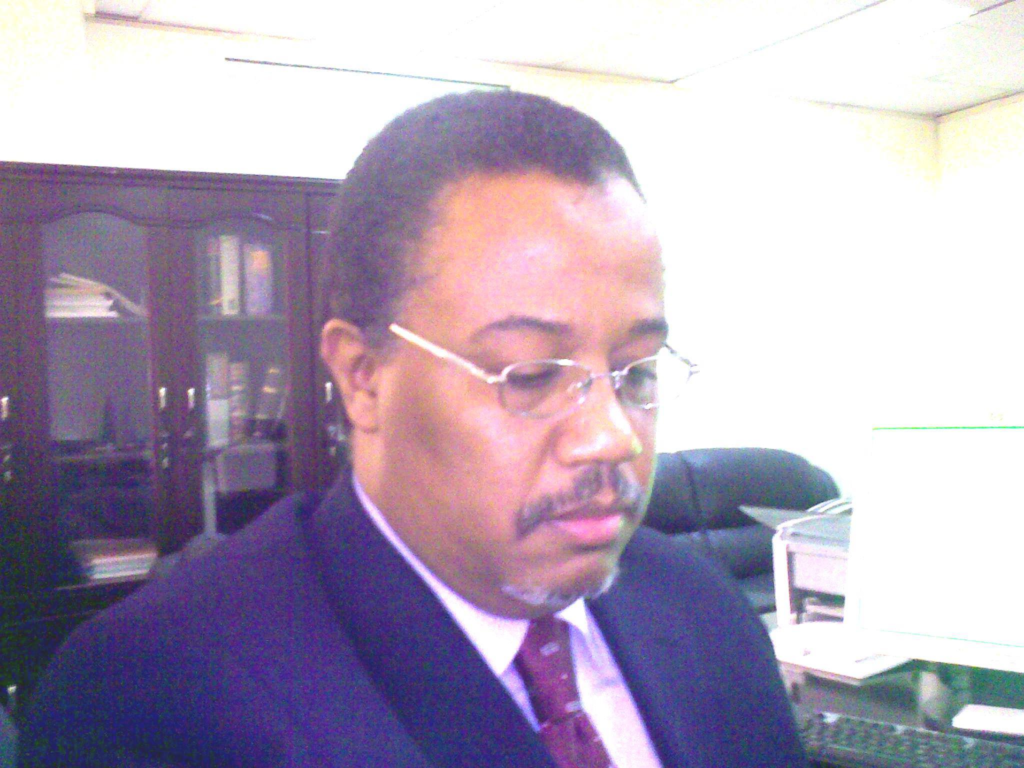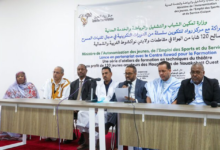Legal Expert: Understanding Oversight Bodies’ Legal Powers Is Essential Before Criticizing Them


Legal Expert Dr. Idris Harma Bebana Highlights the Role and Limitations of Oversight Bodies in Mauritania
Legal expert Dr. Idris Harma Bebana emphasized the importance of understanding the legal powers granted to oversight bodies in Mauritania before criticizing or evaluating their performance.
Speaking at a seminar in Nouakchott, Harma explained that, for instance, the law does not permit the Court of Accounts to prosecute individuals. Instead, it grants the court the authority to refer cases with suspicions of wrongdoing to the Minister of Justice, a process he noted occurs regularly.
Harma elaborated: “When reviewing the reports recently published by the Court of Accounts, you’ll often encounter the phrase, ‘which may constitute facts of a criminal nature.’ When you see this phrase, understand that the case has been automatically referred to the Minister of Justice.”
The Need for Coordination Among Oversight Bodies
Harma also discussed the necessity of enhancing coordination between oversight bodies and ensuring that current legal provisions are fully implemented before advocating for expanded powers. He highlighted that existing laws require all oversight bodies to prepare and submit their annual programs to the relevant authorities.
He noted that this obligation applies to institutions like the General State Inspectorate and internal inspectorates. However, he pointed out that compliance with this legal requirement only began this year, with the General State Inspectorate submitting its annual program for the first time.
Constitutional Role of the Court of Accounts
Harma reminded the audience that the Court of Accounts is a constitutional institution. According to the law, any draft laws related to the general budget or management issues must be reviewed by the Court, which is required to provide its opinion before the Council of Ministers’ approval. He stressed, however, that this process has “never occurred.”
He added that the Court of Accounts is sometimes surprised by laws or decrees directly related to its work—particularly those affecting the budget or management—that are passed by the Council of Ministers without the Court being informed until after approval and publication.
Oversight Powers and Legal Constraints
Harma clarified that judicial oversight, as outlined by the law and placed under the Court of Accounts’ authority, is limited in scope. It pertains to management issues rather than criminal cases and often requires requests from the government to proceed.
In conclusion, Harma reiterated his call for a thorough understanding of the legal powers and functions of oversight bodies before issuing criticisms.








